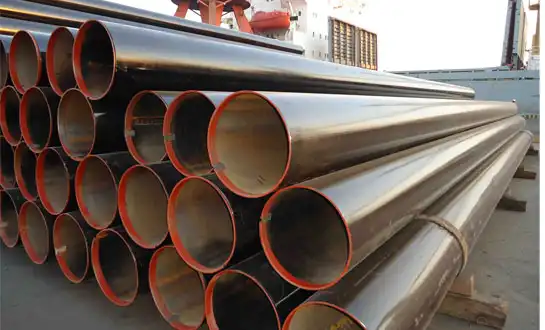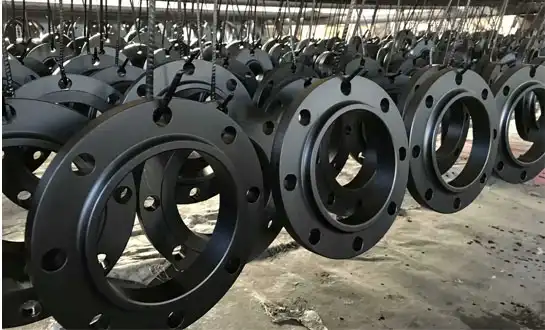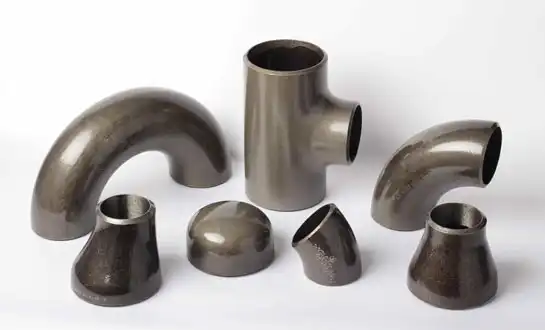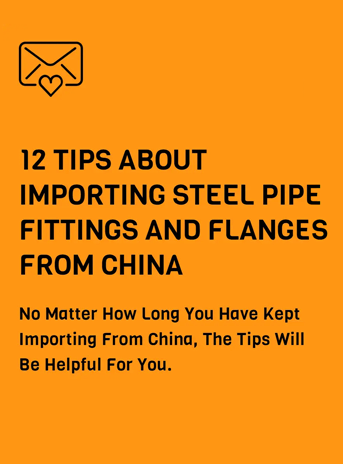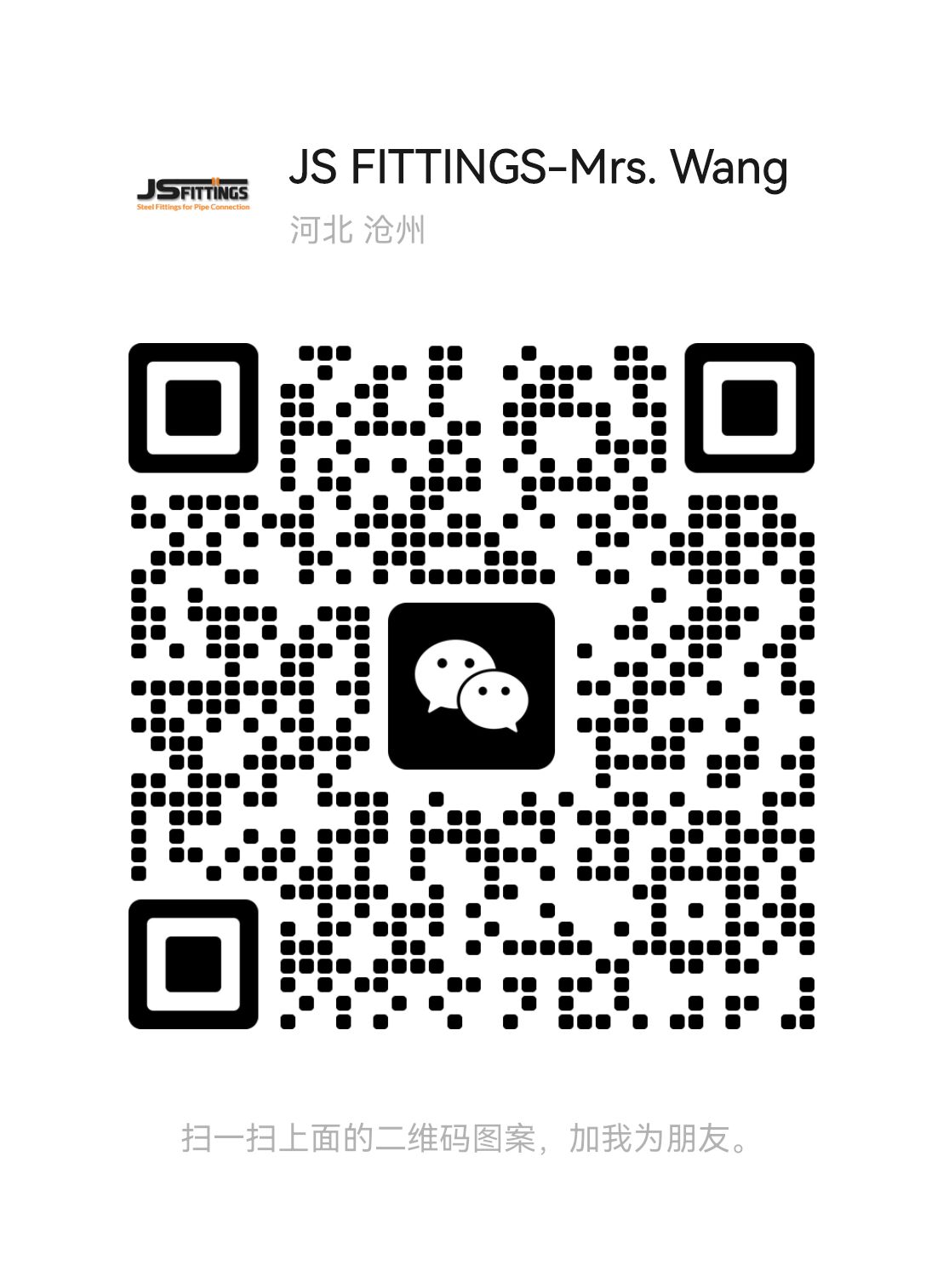Step-by-Step Guide to Importing ASTM Standard Pipes from China
For those looking for affordable options without sacrificing quality, importing ASTM standard pipes from China has become increasingly popular. Understanding specifications, locating trustworthy manufacturers, negotiating customs laws, and guaranteeing adherence to global standards are all part of the process. Because ASTM standard pipes are designed to adhere to strict American Society for Testing and Materials criteria, they can be used in a variety of crucial applications in the industrial, water treatment, oil and gas, and construction sectors. From the first supplier investigation to the last delivery, this thorough handbook helps you make wise judgments and steer clear of typical traps. Competitive pricing, a large production capacity, and increasingly advanced quality assurance procedures that meet international standards are all provided by the Chinese pipe manufacturing sector.
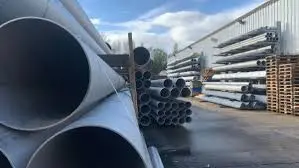
Understanding ASTM Specifications and Quality Requirements
Decoding ASTM Grade Classifications and Material Properties
The foundation of successful importing begins with comprehensive knowledge of ASTM specifications relevant to your project needs. ASTM standard pipes are categorized under various grades including ASTM A53, A106, A333, and A335, each designed for specific temperature ranges, pressure requirements, and application environments. Grade A53 covers seamless and welded pipes suitable for mechanical and pressure applications, while A106 specifies seamless carbon steel pipes for high-temperature service. Understanding these distinctions prevents costly specification errors that could compromise project integrity. Chinese manufacturers typically maintain detailed specification sheets that outline chemical composition, mechanical properties, dimensional tolerances, and testing requirements for each grade. When evaluating potential suppliers, request comprehensive material test reports including tensile strength, yield strength, elongation percentages, and impact resistance values. The chemical composition of ASTM standard pipes, particularly carbon content and manganese levels, significantly impacts weldability and corrosion resistance. Reputable manufacturers provide mill test certificates certified by independent third-party inspection agencies, ensuring transparency throughout the manufacturing process.
Third-Party Inspection and Quality Verification Protocols
When importing ASTM standard pipes from overseas suppliers, quality assurance is the most important consideration. It is crucial to use independent third-party inspection services to ensure that goods fulfill requirements prior to shipping. Comprehensive pre-shipment inspection services that include dimensional verification, visual inspection, non-destructive testing, and documentation review are provided by companies like SGS, Bureau Veritas, and Intertek. Ultrasonic testing to find internal flaws and hydrostatic testing to confirm pressure-bearing capacity are common components of these inspections. In order to evaluate production capacity and quality control systems, many seasoned importers visit manufacturing locations as part of their supplier certification process. Chinese producers who adhere to ISO 9001:2015 quality management systems exhibit methodical strategies for preserving a constant level of product quality. Your interests are safeguarded when purchase agreements provide explicit acceptance criteria, such as acceptable defect rates and rejection protocols. Mill test certificates, material traceability records, and compliance declarations for ASTM standard pipes should all be specified in the documentation requirements.
Certification Requirements and Export Documentation Standards
A major obstacle for importers who are not familiar with international trade standards is navigating certification and documentation requirements. Comprehensive documentation packages, comprising commercial invoices, packing lists, bills of lading, certificates of origin, and quality certifications, are necessary for ASTM standard pipes that are intended for export. As the main piece of proof for customs officials, the certificate of conformance attests to the fact that manufactured pipes meet the required ASTM grades and testing specifications. For projects that need thorough documentation trails from the sourcing of raw materials through final production, material traceability becomes especially crucial. Identification labels with the heat number, specification grade, and size identifier shall be included on every pipe bundle. Comprehending the harmonized tariff codes that apply to ASTM standard pipes facilitates precise import duty calculations and guarantees appropriate customs categorization.
Selecting Reliable Chinese Pipe Manufacturers and Suppliers
Evaluating Manufacturing Capabilities and Production Capacity
It is necessary to systematically assess production capabilities, financial stability, and market reputation in order to identify reliable manufacturers among the hundreds of Chinese pipe producers. Prominent producers run state-of-the-art facilities with cutting-edge production technology, such as automated testing systems and seamless pipe production lines. Large yearly production capacity are usually maintained by manufacturers specializing in ASTM standard pipes. Ask for comprehensive details on the production procedures, such as the methods used to source raw materials, the capacity for heat treatment, and the finishing procedures. Look at the supplier's clientele and projects, especially those with comparable requirements. Well-known producers for global markets have a great deal of experience dealing with export regulations and quality standards. Think of companies that have specialized export divisions with English-speaking staff members who are familiar with global business procedures.
Conducting Due Diligence and Supplier Verification
Comprehensive due diligence protects importers from fraudulent operators and quality inconsistencies. Begin verification by confirming business registration through official government databases and checking export license validity. Request copies of business licenses, tax registration certificates, and export permits to verify legal operating status. Customer reviews and testimonials provide valuable perspectives on supplier performance. Engaging commercial investigation services in China offers independent assessment of manufacturing facilities and operational credibility. Request samples of ASTM standard pipes matching your specifications for independent testing before committing to large orders. Consider starting with smaller trial orders to establish working relationships and verify product quality.
Negotiating Terms, Pricing, and Contract Agreements
Effective negotiation balances cost considerations with quality assurance and delivery reliability. ASTM standard pipes pricing depends on specification grade, order quantity, manufacturing process, and testing requirements. Obtain detailed quotations from multiple suppliers specifying exact specifications, quantities, and delivery terms according to Incoterms standards. Negotiate payment terms that protect both parties' interests, with common arrangements including deposit payments or letters of credit. Draft comprehensive purchase agreements covering specifications, quality standards, inspection procedures, and delivery schedules. Include penalty clauses for delayed delivery or quality non-conformance to incentivize supplier performance.
Managing Logistics, Customs, and Final Delivery
International Shipping Options and Transportation Planning
Selecting appropriate shipping methods significantly impacts total costs and delivery timelines. ASTM standard pipes typically require ocean freight transportation due to weight and volume considerations. Container shipping offers full container load (FCL) for substantial volumes and less-than-container load (LCL) for smaller quantities. Proper packaging prevents transit damage, with pipes bundled securely using steel strapping and protective end caps. Coordinate with freight forwarders specializing in steel product transportation who understand handling requirements and documentation protocols. Marine insurance protects against loss or damage during transportation.
Customs Clearance Procedures and Import Compliance
Navigating customs procedures requires careful attention to documentation accuracy and tariff classification. ASTM standard pipes must be correctly classified under harmonized system codes determining applicable duty rates. Engaging licensed customs brokers experienced in steel product imports streamlines clearance processes. Investigate applicable trade agreements offering preferential duty rates. Some jurisdictions require additional certifications before allowing ASTM standard pipes into domestic markets. Value declaration accuracy prevents customs disputes and substantial penalties.
Final Inspection, Storage, and Quality Confirmation
Upon arrival, conduct thorough inspections verifying product condition, quantity accuracy, and specification compliance. ASTM standard pipes should be examined for transit damage including dents, scratches, or moisture exposure. Storage conditions significantly affect long-term product quality, requiring dry, ventilated facilities. Conduct final quality testing on representative samples verifying mechanical properties and specification compliance. Maintain comprehensive records linking received materials to original purchase orders and certification documentation.
Conclusion
Successfully importing ASTM standard pipes supplier from China requires careful planning, thorough supplier evaluation, and meticulous attention to quality verification. By understanding specifications, conducting proper due diligence, and implementing robust quality control measures, importers can access cost-effective solutions meeting rigorous performance standards. Following systematic procurement processes and partnering with experienced service providers minimize risks and ensure project success.
HEBEI RAYOUNG PIPELINE: Your Trusted ASTM Standard Pipes Manufacturer and Supplier
When sourcing ASTM standard pipes for your critical infrastructure projects, HEBEI RAYOUNG PIPELINE TECHNOLOGY CO., LTD. stands as your reliable manufacturing partner combining quality excellence with customer-focused service. We provide diverse industrial pipe fittings, including buttweld carbon steel pipe elbows, tees, reducers, and pipe flanges, ensuring secure connection points throughout your piping systems. As a dependable carbon steel pipe supplier, RAYOUNG consistently serves domestic and global markets with GOST-R and SGS certifications validating our export compliance. Our steel pipe fitting and steel pipes range delivers performance, safety capabilities, and long-term durability for applications spanning residential to industrial facilities. As leading pipes and fittings manufacturers, we understand that consistent quality, ISO 9001:2015 compliance, and innovation drive success. Ready to discuss your ASTM standard pipes requirements? Contact our experienced team today at info@hb-steel.com for technical specifications and competitive quotations.
References
1. American Society for Testing and Materials. (2023). Standard Specification for Pipe, Steel, Black and Hot-Dipped, Zinc-Coated, Welded and Seamless. ASTM International, West Conshohocken, Pennsylvania.
2. Chen, J., & Wang, L. (2024). Quality Control Systems in Chinese Steel Pipe Manufacturing: Compliance with International Standards. Journal of Manufacturing Excellence, Vol. 18, Issue 3, pp. 245-267.
3. International Trade Centre. (2024). Importing Steel Products from China: A Practical Guide for International Buyers. Geneva: ITC Publications.
4. Maritime Transport Council. (2023). Best Practices for Shipping Industrial Steel Products: Packaging, Handling, and Documentation Requirements. London: MTC Press.
5. Thompson, R., & Martinez, S. (2024). Supply Chain Management in Global Steel Procurement: Risk Assessment and Supplier Selection Strategies. New York: Industrial Press Inc.
6. Zhang, H., Liu, Y., & Anderson, M. (2023). Comparative Analysis of ASTM Specifications in International Pipe Manufacturing Standards. Materials Science and Engineering Review, Vol. 42, No. 6, pp. 891-915.

Need a quote? Want to see samples? Just say hello. We’re friendly. We’re fast. And we’re ready when you are.
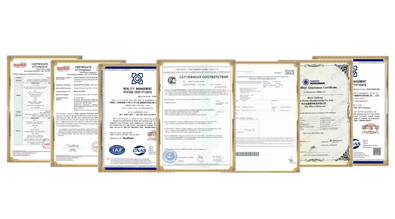
Welcome to RAYOUNG – Strong Pipes, Stronger Promise
